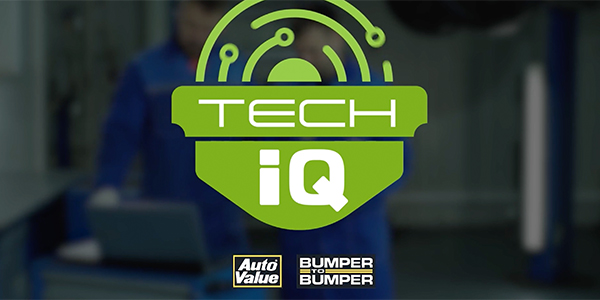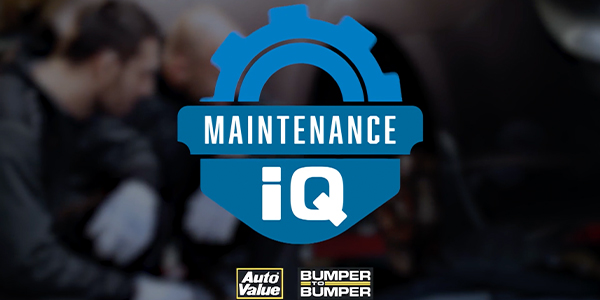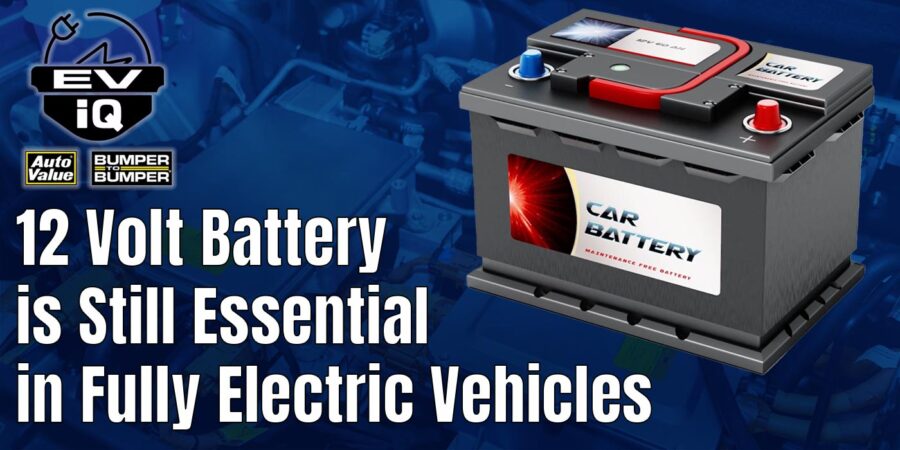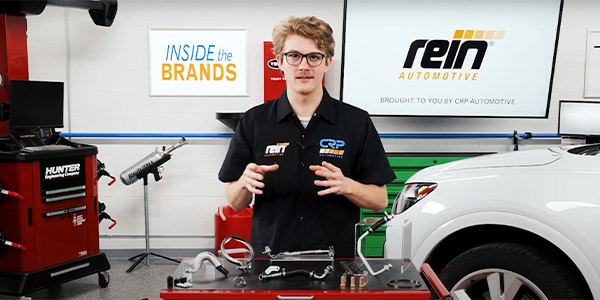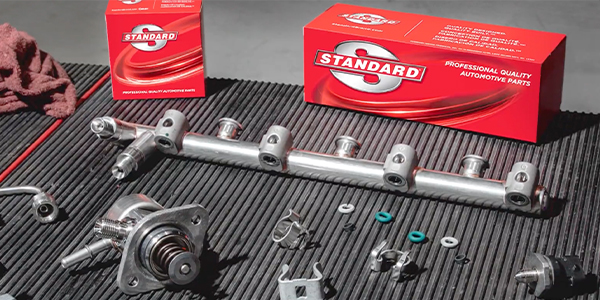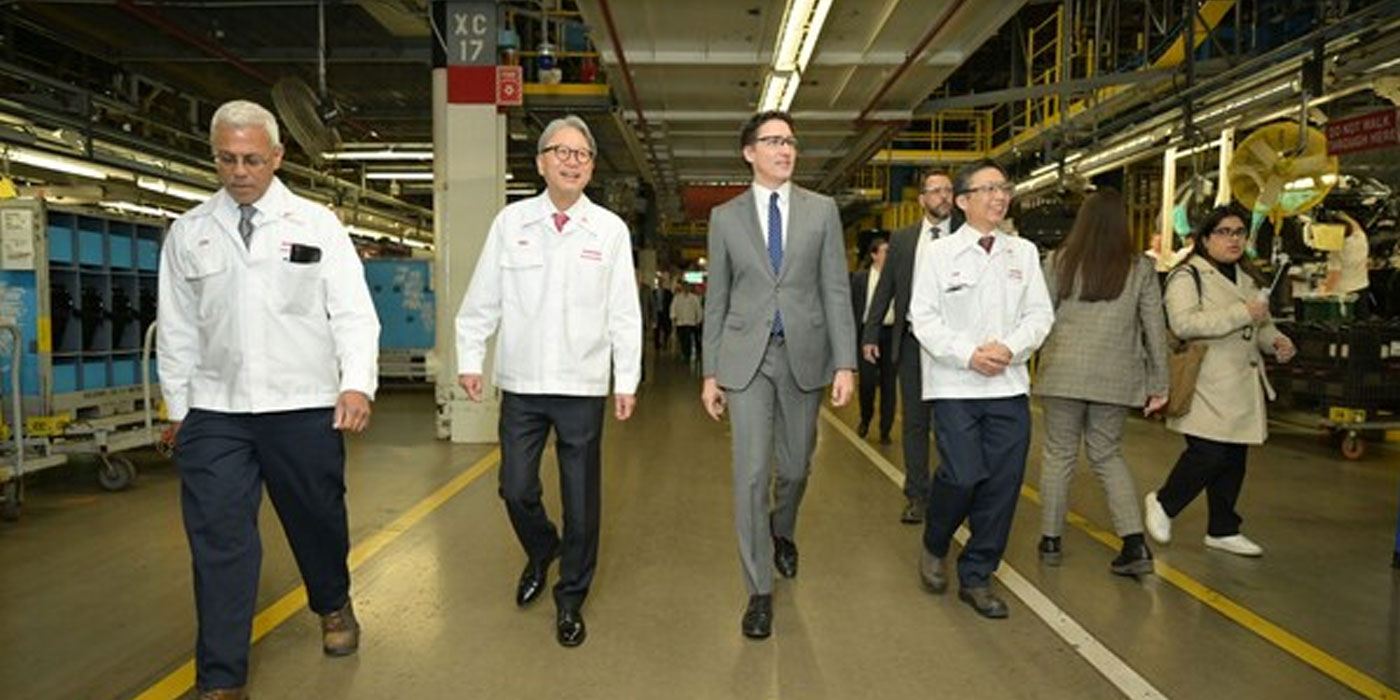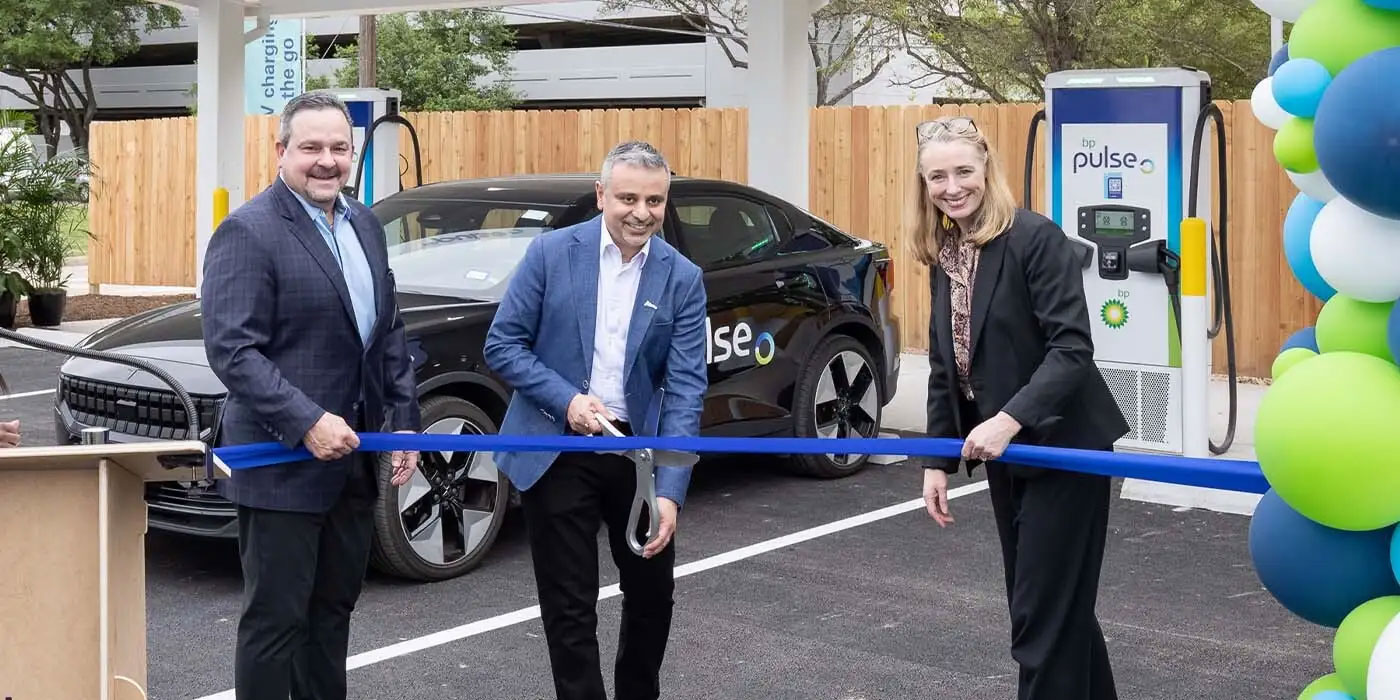You know they’re coming – but are you aware of the service opportunities you’ll be facing when those battery electric vehicles glide silently into your bay?
There are obviously differences in the service requirements of EVs, but, perhaps surprisingly, similarities as well. Well over 70% of the costs associated with maintaining an electric vehicle are going to involve the battery and the tires. Routine services, such as tire rotation, balancing and alignments, will be critical to the longevity and the safety of the vehicle.
In addition to the battery and tire services, you still face the need for topping off coolants and heat transfer fluids, windshield wipers, air conditioning, brake services, cabin air filter, appearance products.
Experts say vehicle advancements will bring higher and different requirements regarding fluids. Of course, hybrids will still require oil changes due to their internal combustion engines, but those oil change intervals using the correct lubricants will be increasingly important. And, whether it’s a hybrid or a battery electric vehicle, other fluids will play a more important role.
Hybrid and battery electric vehicles utilize a transmission or gear box to efficiently transfer energy to the wheels. Both vehicles require a transmission or drive system fluid to reduce friction and help optimize the range of the battery. They require maintenance and may have a filter. Hybrids and battery electric vehicles also utilize specialty greases and may also require additional coolants or other functional fluids. As these systems get larger, the needs can become more complex. So, many of the fluids and services that you’re using now – things that are readily available and commonly known – will continue and likely increase in the future.
Although today’s cars and trucks can produce emissions and other contaminants, the internal combustion process also produces free heat that can be used to power many different vehicle systems. We won’t be so lucky with battery vehicles.
Thermal management issues will be challenging.
You’ll find three cooling systems; the primary system will protect the battery. Next, we’ll have to control the electronics so that those don’t get overheated. Finally, let’s look at comfort – we’ll need to manage the vehicle cabin so that the occupants are comfortable and can defrost their windows. All of this will come down to first making the battery comfortable.
It turns out the battery likes to operate around 70 degrees Fahrenheit, regardless of external weather conditions. If it gets too cold, the electrochemistry is sluggish, and it won’t make power. If it gets too hot, you could experience a thermal event, short circuit or even a fire.
Obviously, the cooling fluids of the future will need to stay contained and not leak on electric components. They must remain fluid enough to be pumpable in even the coldest weather through increasingly complex systems.
The good news is, experts have been working with EVs across the globe for decades and have developed significant new capabilities. As the charging infrastructure continues to advance, electric vehicle technology continues to evolve and customer acceptance continues to grow, be confident that the lubricants for the driveline, heat transfer fluids for the battery electric vehicles, brake fluids for hydraulic systems, driveline fluids and transmission fluids for every type of vehicle in service will be available.
This video is sponsored by The Group Training Academy.


